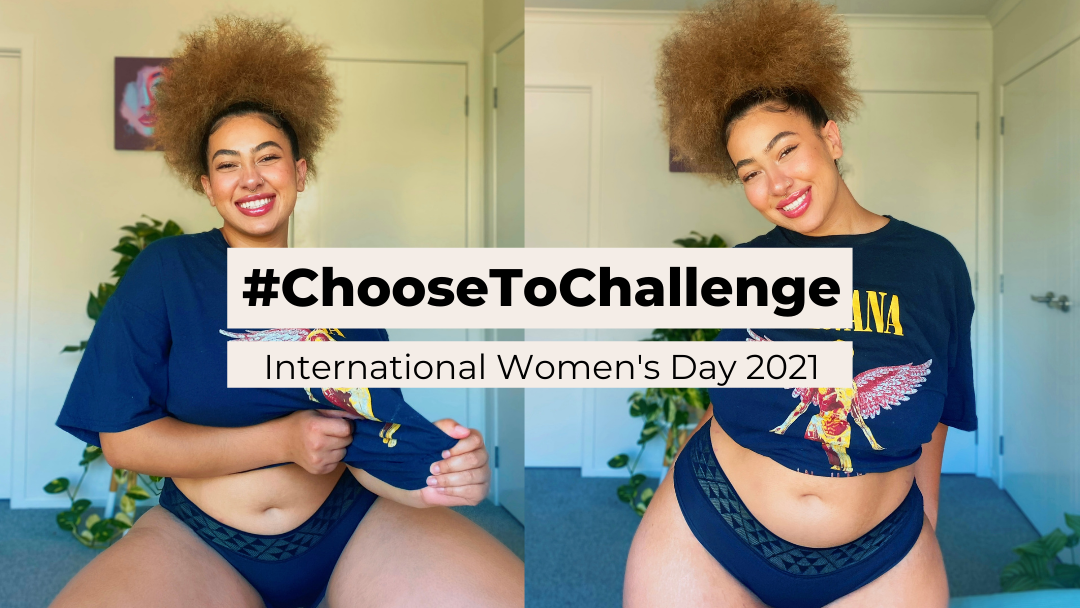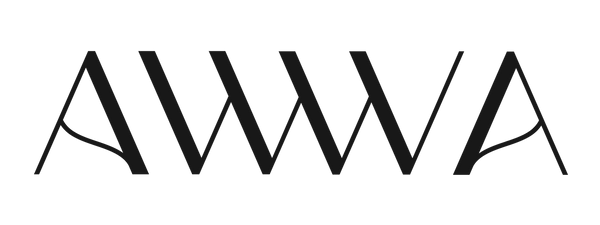
#ChooseToChallenge
This International Women’s Day, the theme of “Choose to Challenge” is asking us to challenge inequality for women and girls, to call out bias and to question stereotypes.
One of the aims of International Women’s Day is to highlight the injustices women face around the world, such as child marriage, lack of education and gender-based violence. The figures are frightening: globally, more than 30,000 girls are forced to become child brides every day and 132 million girls are not in school. Our sisters and siblings around the globe face beatings, genital mutilation and death for no reason other than their gender. These statistics should give us leave, and International Women’s Day can be a poignant time for us to contribute to fighting these injustices, whether that means donating money, writing letters/emails, protesting, researching, or using our unique skills and resources in whatever ways we can.
Given the atrocities that happen to women and girls around the world, it could be easy to think that days like IWD aren’t as relevant to us here in Aotearoa New Zealand. After all, it’s 2021 and things can seem pretty equal (when it comes to gender, at least). Women front our two major political parties and are represented strongly in parliament. Traditionally male-dominated industries such as science and sport seem to be so much more accessible for women now than they were in the past, and we are seeing more women in positions of power within these industries, such as Professor Juliet Gerrard (Chief Science Advisor) and Raelene Castle (Sport New Zealand Chief Executive). Women like Monique Fiso are founding restaurants and changing the dining scene in New Zealand for the better. The Black Ferns are touring the world playing (and winning) rugby. The stereotypes that confined our mothers and grandmothers seem to be shattered for us.
And yet life isn’t really so equal when you scratch below the surface. Women who have the courage to speak up about issues they feel strongly about are faced with inboxes and DMs filled with rape and death threats. When it comes to leadership positions, Aotearoa New Zealand is ranked one of the worst in the world – 33 out of 35 – with women making up just 18% of senior teams. Pasifika women earn only 72 cents an hour for every $1 that a Pākehā man earns. 24% of women report having experienced sexual violence in their lifetime. 1 in 3 women experience physical and/or sexual violence from a partner in their lifetime. Too many women have stories of inequalities, biases and stereotypes that they’ve had to overcome simply because of their gender.
So how can we challenge these inequalities that are happening in our workplaces, in our communities and in our homes?
We all have our own unique part to play. For some of us, this might look like mentoring girls and young women to help them climb professional ladders. For others, it might look like buying from women-led businesses. Some of us may have the resources to advocate for ending gender inequality on a broad scale; others may focus on having uncomfortable conversations with whānau or co-workers. Those of us who hold certain privileges in society would do well to check ourselves and examine how we could better make space for women who don’t hold the same social privilege that we do. For all of us, challenging inequality should look like believing and supporting women when they speak up about inequality and abuse.
Whatever it is, we can all do our bit – no matter how big or small – to challenge inequality, call out bias and question stereotypes this International Women’s Day.
So let us know – how will you be taking on this challenge?
Written by Shardae Grenfell, AWWA Guest Blogger

